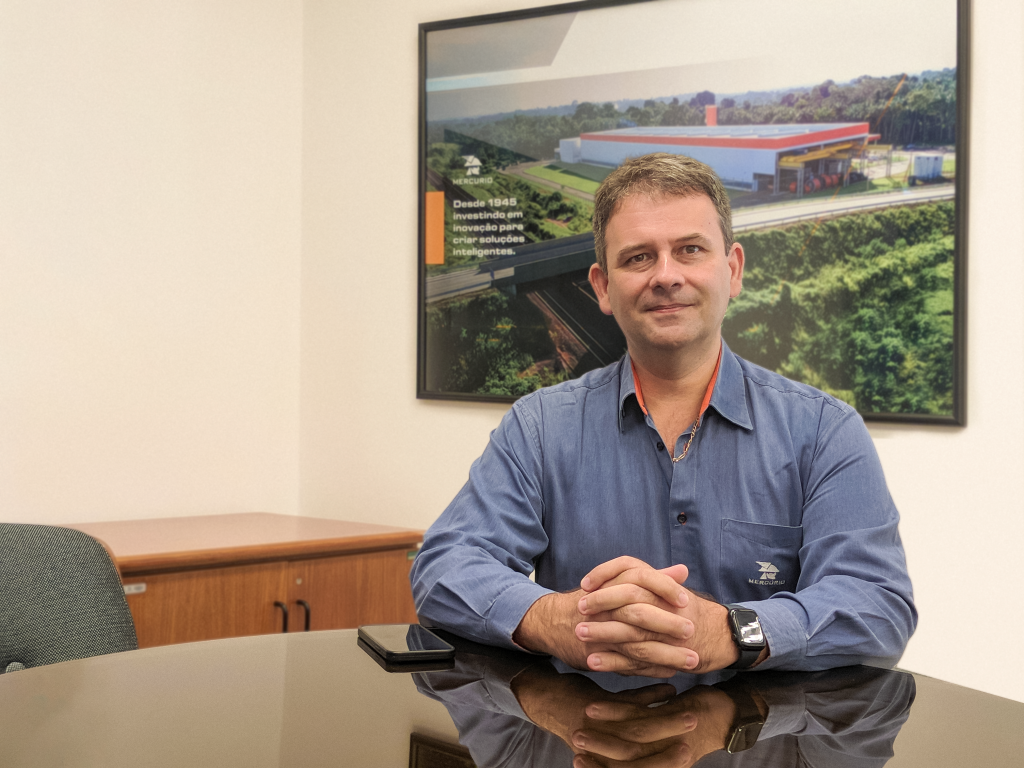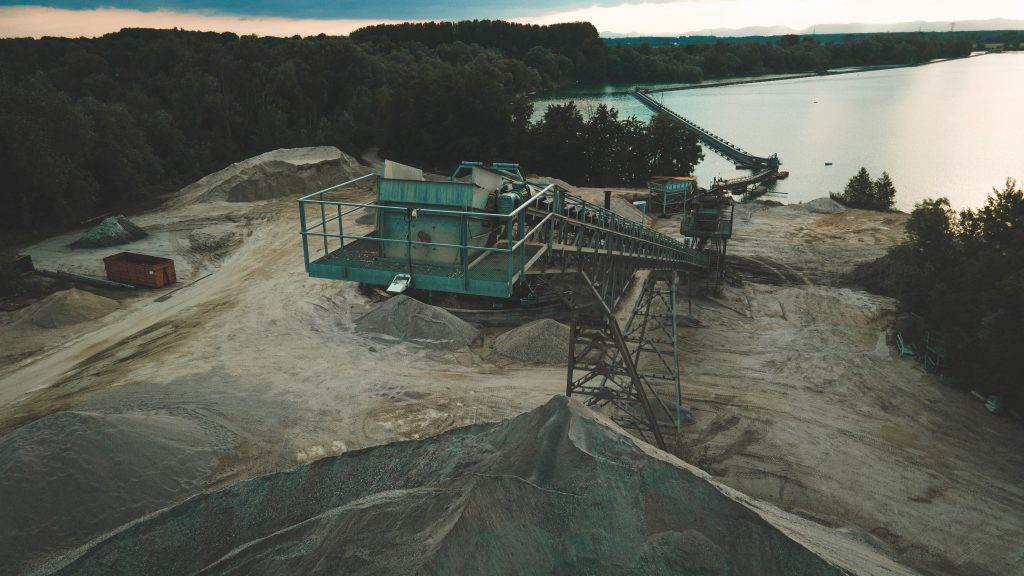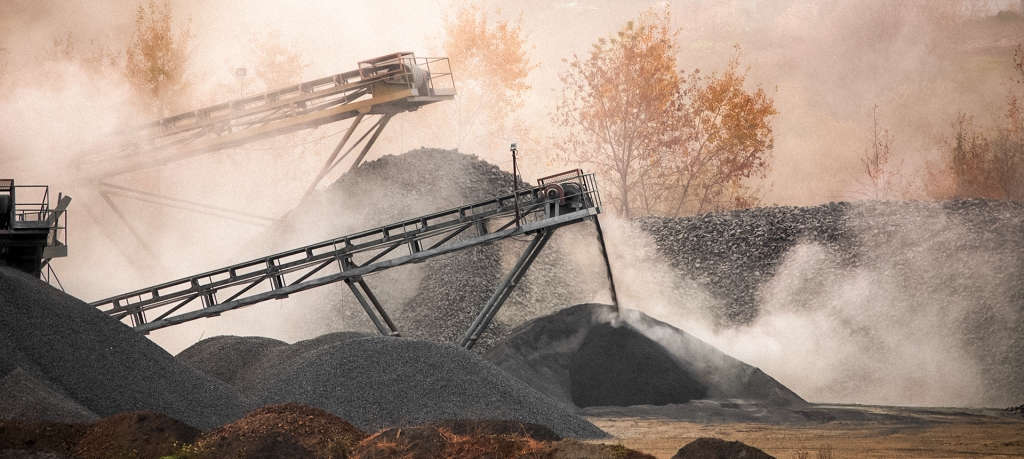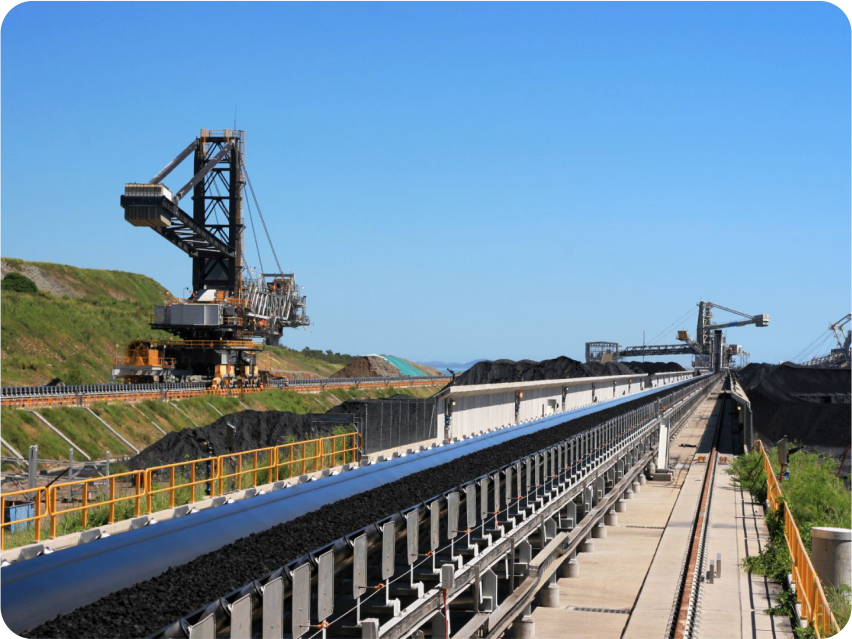
In this interview, Mercurio’s CEO Leonardo Sales highlights important points about the investment of R$ 80 million in the Marabá (PA) Unit such as increased productivity, sustainability, and generating jobs.
This is the second largest investment in Mercurio's history. What is the importance of this step to the company?
This investment has the main objective to increase local production capacity by around 50% while increasing Mercurio’s leadership in the Brazilian market and expanding our market share in international markets.
Are new technologies and new products being developed from this project?
Yes, certainly, in addition to increasing productive capacity, the expansion project aims to adopt new technologies that will allow Mercurio to manufacture conveyor belts with tensions equivalent to ST10,000 within approximately 12 months.
The manufacturing of very high-tension conveyor belts is unprecedented in Brazil and once again we will be pioneers, reinforcing the country’s position on the map of the most relevant global suppliers.
What care is being taken with the environment and what are the gains that come with this?
In addition to keeping our model focused on reducing scrap and proper disposal of waste, the expansion project will enable us to offer belt repair services, making it possible to reduce the costs and disposal volumes of our customers.
The strategic location of our plant also allows us to reduce freight costs for customers located in the North and Northeast, which contributes to reducing CO2 emissions.
What are the impacts on the region's economy?
Our efforts to expand the operation in the region confirm Mercurio’s commitment to economic promotion and regional development.
The Marabá Unit is already the first and only one to produce conveyor belts in the North region of Brazil.
At the end of this expansion cycle, which is scheduled to be complete by the first half of 2023, the unit, which currently employs some 200 workers considering both direct and indirect job positions, should add up to 100 new job positions to its headcount.


